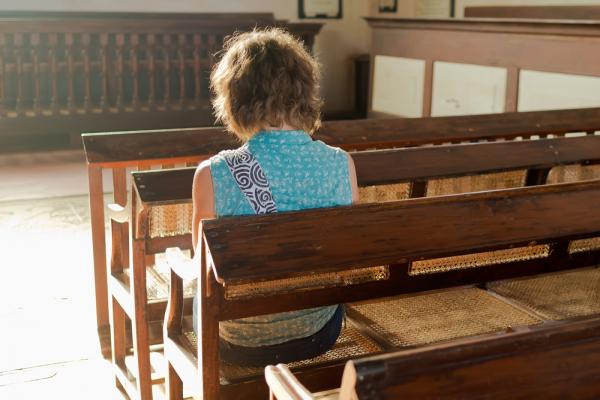“One of the things that most saddens me in conversations with criminalized and marginalized women is the absence of any sort of philosophy or theology – what I call cultural scripts — for making sense out of their suffering,” sociologist Dr. Susan Sered explained to my church earlier this year. “And these women have suffered rape, loss of their children, chronic pain, solitary confinement, and social stigma.”
Sered, a professor of sociology at Suffolk University and co-author of Can’t Catch a Break: Gender, Jail, Drugs, and the Limits of Personal Responsibility, spent the last eight years conducting research with Boston-area women caught in the binds of poverty, violence, illness, and the prison system. As co-warden of a small, Episcopal church outside of Boston, I invited Sered to share her research and explain what members of our parish could do to make a difference in the lives of women like those in her study.
Read the Full Article

